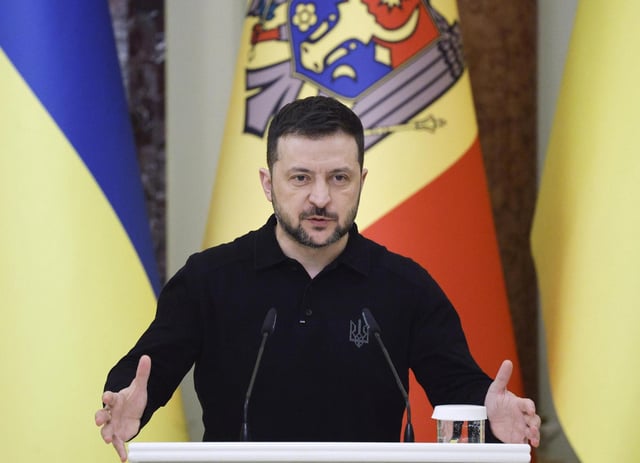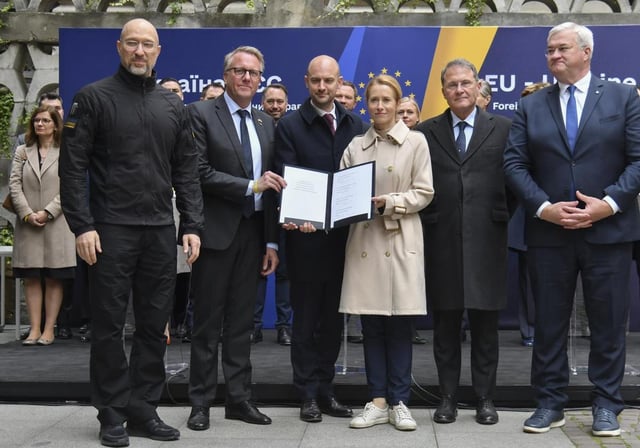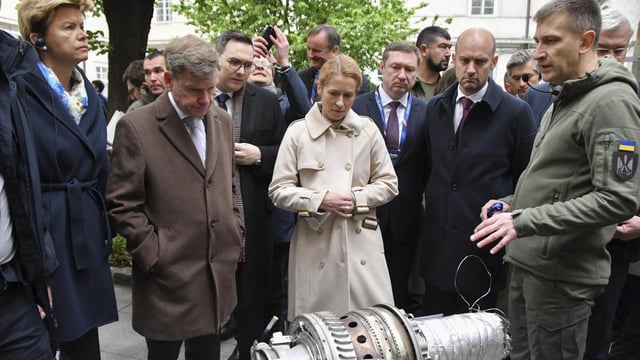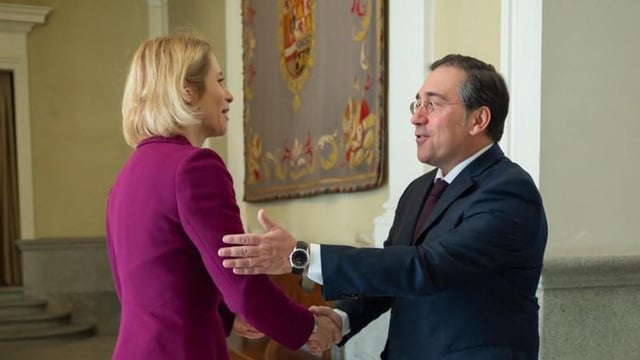Overview
- The Special Tribunal aims to prosecute Russian military leaders for crimes of aggression, addressing a jurisdictional gap in the International Criminal Court's mandate.
- Political backing from approximately thirty countries was secured at the Europe Day summit in Lviv, with operations expected to begin next year.
- The tribunal will operate under the Council of Europe framework, with funding anticipated from frozen Russian assets to support its establishment and activities.
- Legal hurdles remain, as sitting heads of state, including Vladimir Putin, retain immunity during their terms, delaying potential prosecutions until they leave office.
- Ukrainian President Zelenski emphasized the tribunal's role in ensuring accountability and deterring future wars, calling for justice to prevent impunity for acts of aggression.



